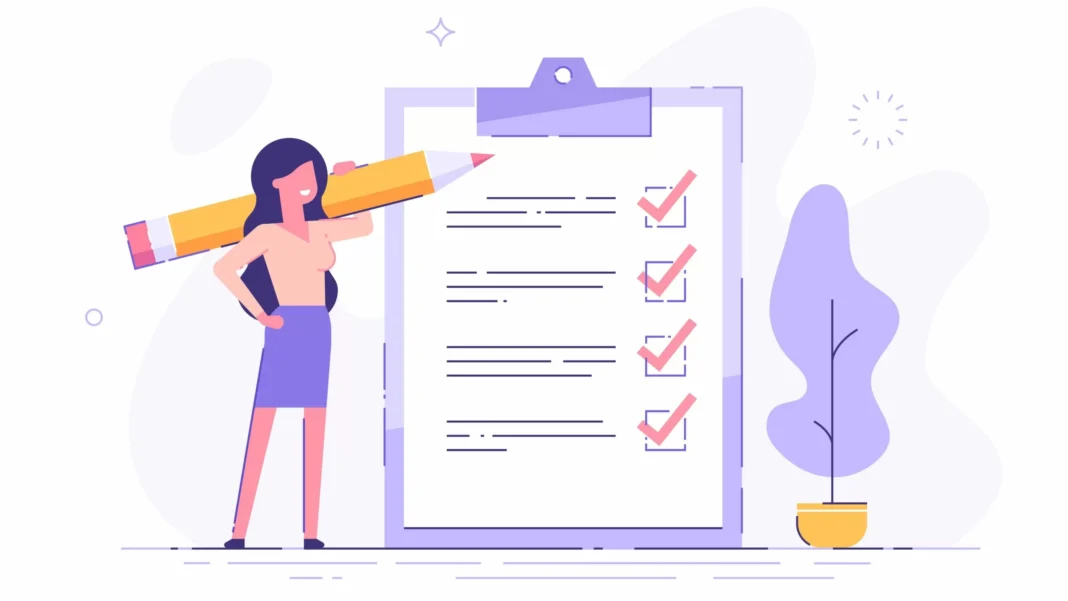The decision to become self-employed can be both exciting and daunting at the same time. It offers the opportunity to be your own boss, set your own working hours and choose your own clients. However, it also comes with its own set of challenges and responsibilities. As a small business owner in the UK, it is essential to have a clear understanding of what it takes to go self-employed and how to navigate through the process successfully.
To help you on your journey, Small Business UK has put together a helpful checklist for going self-employed. This guide will provide you with valuable advice and ideas to make the transition to self-employment as smooth as possible.
1. Determine Your Business Idea:
The first step to becoming self-employed is to have a clear business idea. Think about your skills, experience, and passion. What are you good at? What do you enjoy doing? Identifying your strengths and interests will help you come up with a viable business idea. It could be a product or service that fills a gap in the market or something unique that you can offer. Once you have a clear idea, research the market and competition to ensure that your business idea is viable.
2. Create a Business Plan:
A business plan is a crucial document that outlines your business objectives, strategies, and financial projections. It is essential to have a well-written business plan as it will guide you in achieving your business goals and securing funding if needed. Your business plan should include a description of your business, target market, marketing and sales strategies, and financial projections.
3. Register Your Business:
Once you have a business plan in place, it’s time to register your business. In the UK, you can choose to register as a sole trader, partnership, or limited company. Each structure has its unique benefits and requirements, so it’s essential to do your research and choose the one that best suits your business needs.
4. Obtain the Necessary Permits and Licenses:
Depending on the type of business you are starting, you may need to obtain certain permits or licenses. For example, if you are starting a food business, you will need to obtain a food hygiene certificate. It’s important to research and understand the permits and licenses you need to operate your business legally.
5. Set Up Your Finances:
As a self-employed individual, you will be responsible for managing your finances. It’s crucial to have a separate bank account for your business transactions to keep your personal and business finances separate. You may also want to consider hiring an accountant to help you with tax planning and to keep your finances in order.
6. Understand Your Tax Obligations:
As a self-employed individual, you will have to file your taxes differently from employees. You will need to register for self-assessment with HMRC and file a tax return each year. It’s important to keep accurate records of your income and expenses to avoid any issues with HMRC.
7. Create an Online Presence:
In today’s digital age, having an online presence is essential for any business. Set up a website and social media accounts to showcase your products or services, engage with potential customers, and build your brand. You can also use online platforms such as Etsy or Amazon to sell your products or services.
8. Build Your Network:
Networking is a valuable tool for any small business owner. Attend networking events, join online groups, and connect with other business owners in your industry. Building relationships can lead to potential partnerships, collaborations, and new business opportunities.
9. Invest in Marketing:
Marketing is critical for the success of any business. It’s essential to invest in marketing strategies that will help you reach your target audience and promote your business effectively. You can use both traditional and digital marketing techniques to raise awareness about your business.
10. Continuously Learn and Adapt:
Being self-employed means that you are solely responsible for the success of your business. It’s essential to continuously learn and adapt to new trends and changes in the market. Attend workshops, seminars, and conferences to stay updated and hone your skills.
Becoming self-employed can be a challenging yet rewarding journey. It’s important to have a clear understanding of what it takes to go self-employed and have a plan in place to navigate through the process successfully. With this checklist, we hope to have provided you with valuable advice and ideas to help you on your path to self-employment. Remember to stay positive, motivated, and never stop learning. Good luck on your self-employment journey

